Deng inherited ills of Mao’s era. However, the remedies Deng suggested took China to a different direction. Deng and his associates fell into the trap of "China’s Americanization". Deng’s remedies created "classes" in socialist China. Surprisingly, Deng tried to enrich socialism by using capitalist techniques. Deng allowed privatilization to blossom; Deng followed an inequalitarian development strategy; and as a result, a ruling elite emerged in China. True, land still belongs to the state. However. in the classical sense, China cannot be called a "socialist state". Yes, Deng is very popular in China; more popular than Mao. Yet, one dares to profess that Deng made a historical blunder by introducing privatization. Privatization is an antithesis of socialism. Privatization and socialism cannot go together. Privatization, foreign capital, corruption, and the revival of Confucianism have already started eating into the vitals of Chinese socialism. Economically, with nine percent growth and $1 trillion foreign reserves, China looks very impressive. However, ideologically China is decaying rapidly. While the wealthy China is facing a "crisis of Faith", the poor China is sitting at the top of a volcano. Chinese rulers are in a hurry to catch up with the west; they are determined to create an urban civilization at the cost 9,60,000 villages. The "peasant unrest" is posing a serious threat to the stability of China. The CPC is aware of the problems but in vain. China’s nouveau riche and the middle class are quite happy with the outcome of Deng’s developmental strategy. A revolutionary party has become a mere ruling party. Private property is no longer a bourgeois ill in china.
Paradoxes of Chinese Socialism
$50.40
$56.00
In stock
Free & Quick Delivery Worldwide
All orders amounting to US$ 50 or more qualify for Free Delivery Worldwide. For orders less than US$ 50, we offer Standard Delivery at $14 per book.
ABOUT THE AUTHOR Ravindra Sharma
Dr. Ravindra Sharma (born January 21, 1970) is presently President & Managing Director, GREEN FOUNDATION (For health care, social equity & biodiversity conservation), a reputed Non-Government Organisation (NGO), Dehradun. He has been actively associated in research and development (R&D) in the field of cultivation of medicinal herbs, green health mission, ethnobotany and conservation biology. He has contributed more than 30 research paper, general articles in national and international journals of repute. He is the author of two popular books, one of them is wildly acclaimed entitled “Aushadhaya avum Sugandhiya Paudhuon ki Krishi Taknik†(Hindi Edition), won second prize under ‘Rajbhasha Puruskar Yojana (2002), sponsored by Defense Research & Development Organisation, Ministry of Defense, Govt. of India, New Delhi. He is the member of several societies concered with botanical or environmental research and development. He has extensively travelled to the remote areas of Himalaya and has been devoted to record the traditional heritage knowledge of the folk people, beside his concern in the biodiversity and sustainable use of plant resources in the North-West Himalaya.
reviews
0 in total
Review by Anonymous
Be the first to review “Paradoxes of Chinese Socialism” Cancel reply
You must be logged in to post a review.
Bibliographic information
Title
Paradoxes of Chinese Socialism
Author
Edition
1st ed.
Publisher
ISBN
8178271818
Length
xxiv+416p., Notes; Index; 23cm.
Subjects
more by Ravindra Sharma see more
Development and Regulatory Administration in India –Reform and Change
Efforts have been made to ...
$26.60
$28.00
similar bookssee more
Action Research
$33.30
$37.00
Prisoner’s Rights and the Law
$71.10
$79.00
The International Struggle over Iraq: Politics in the UN Security Council 1980-2005
Iraq has dominated ...
$29.70
$33.00

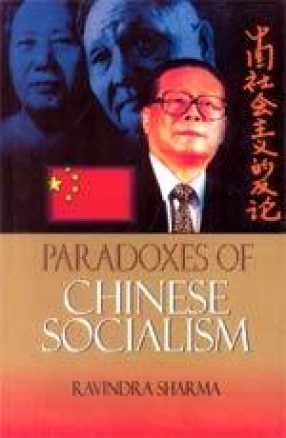
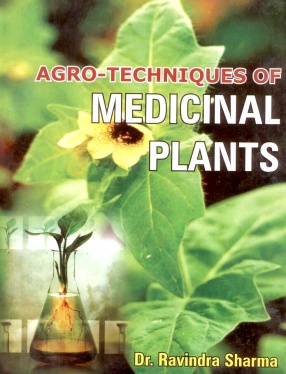
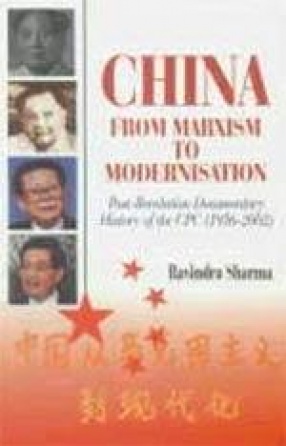
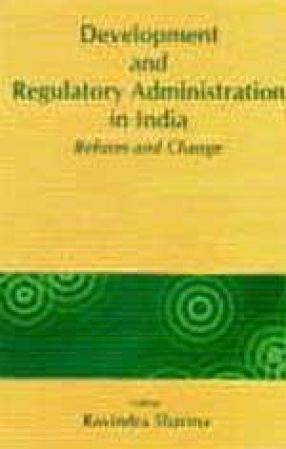
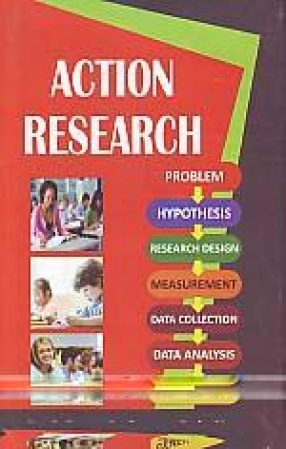
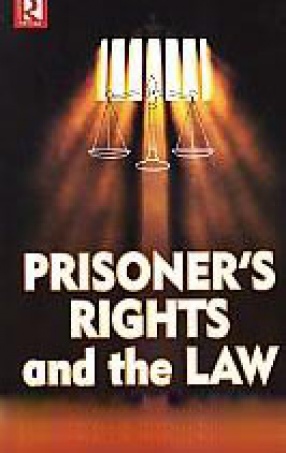

There are no reviews yet.